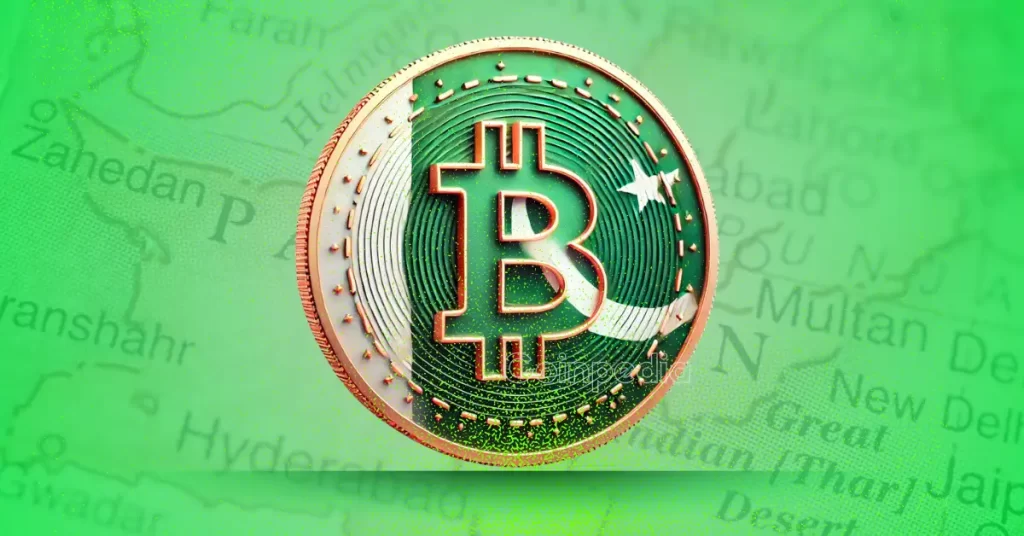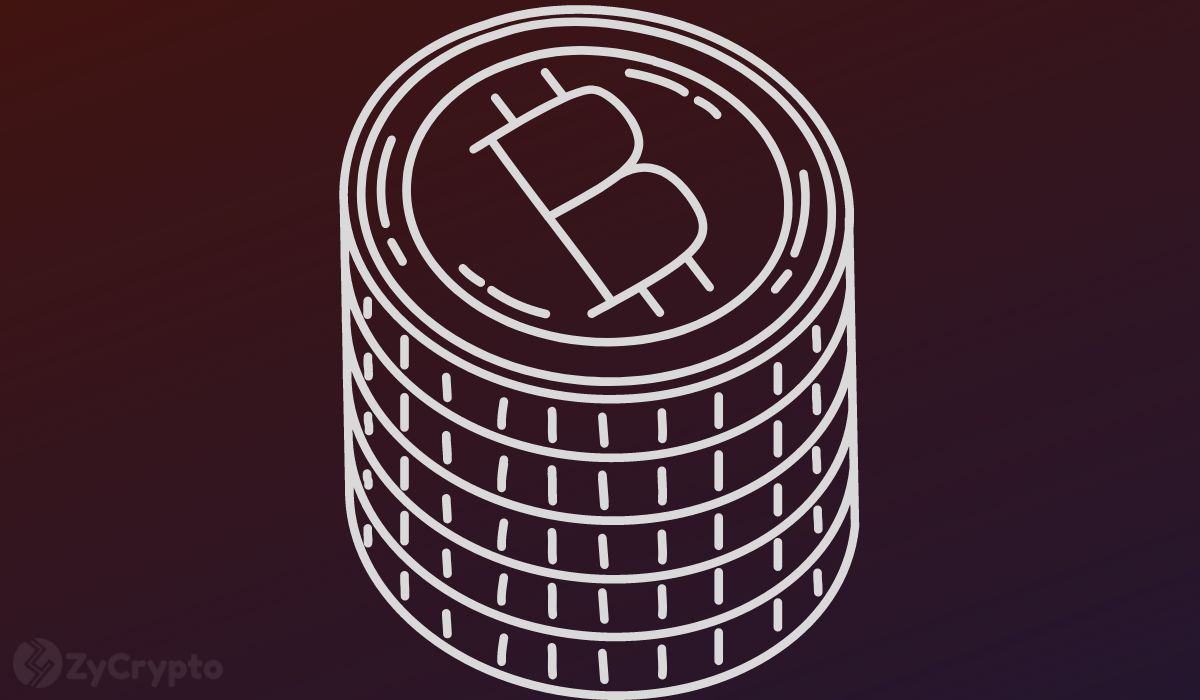ARTICLE AD BOX

The post Can Pakistan’s Bitcoin Mining Move Impact BTC Price? Experts Doubt It appeared first on Coinpedia Fintech News
Story Highlights
- Pakistan plans to allocate 2,000 MW for Bitcoin mining and create a national Bitcoin reserve amid political and economic instability.
- IMF raises concerns over the project’s viability and energy use, questioning its feasibility amid Pakistan’s high energy costs and weak grid.
This week Pakistan’s recent announcement to allocate 2,000 megawatts of electricity for Bitcoin mining was a remarkable move. Later this week they also said that Pakistan has plans to establish a government-led Bitcoin Strategic Reserve, this update joined amid ongoing political tensions, financial distress, and border issues.
While a normal impression might be optimistic, compared with countries like El Salvador, but it’s not very optimistic. While this initiative signals a potential policy shift in the country, but its direct and immediate impact on the Bitcoin price is anticipated to be very minimal, largely due to a confluence of significant domestic challenges and international scrutiny.
Adding to the challenges, the IMF has questioned Pakistan and raised red flags about the move. Keep reading to know more.
Economic Viability and Infrastructure Concerns
The ambitious mining plan of Pakistan faces tremendous economic viability issues, and power generation is less of an issue than its per kWh charges. The country has commercial electricity rates which are hovering somewhere around $0.20- $0.22/kWh, and are considerably higher than those in competitive mining hubs like Iran, Kuwait and other countries.
Moreover, an electrical engineer based in Pakistan highlighted that even with a proposed subsidized tariff of $0.09/kWh, the cost remains barely competitive for large-scale operations compared to other countries in the global Bitcoin mining.
The pricing was a major issue, but beyond pricing, the nation’s power infrastructure presents further obstacles. As Pakistan’s grid suffers from inconsistent service, distribution and transmission losses. These are major risks for energy-intensive mining facilities.
IMF Scrutiny and Regulatory Roadblocks
Adding to these internal challenges, the International Monetary Fund (IMF) has added red flags and asked several questions, as they said this announcement was done without IMF consultation.
They voiced serious concerns regarding Pakistan’s plan like the rationale behind allocating such a substantial amount of electricity, especially given the country’s ongoing chronic energy shortages and declining countries fiscal conditions.
Moreover, this external oversight clearly indicates the complexities involved in moving from a conceptual plan to a fully operational one. This creates an uncertain situation for Pakistan’s dreams related to Bitcoin crypto’s.
Limited Short-to-Medium Term Impact on Bitcoin Price
While the move was strategic or chaotic still remains a question. But, if in case it does establish a Bitcoin mining facility in Pakistan. It wouldn’t send the BTC price to hit mars or jupiter, from one financially weakend country’s action.
Its effort could incrementally contribute to the network’s security and global demand for Bitcoin in the long run, but no major outcome seems likely in the future.
Moreover, the current viability challenges and the critical intervention from the foreign organization clearly hints that its direct influence on global Bitcoin price will likely remain limited in the short to medium term, only if they successfully set up their plan in motion.
However, the long-run outlook totally depends on the broader market forces, global adoption trends, and major regulatory developments. These are the combined factors that are expected to continue to be the primary drivers of the future Bitcoin price movements.
Never Miss a Beat in the Crypto World!
Stay ahead with breaking news, expert analysis, and real-time updates on the latest trends in Bitcoin, altcoins, DeFi, NFTs, and more.
.png)
 1 day ago
2
1 day ago
2








 English (US)
English (US)